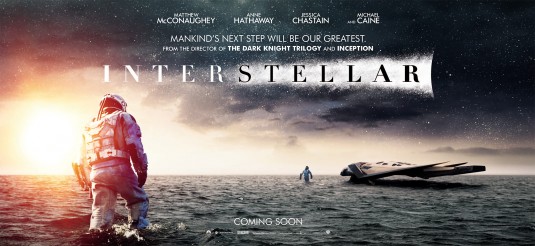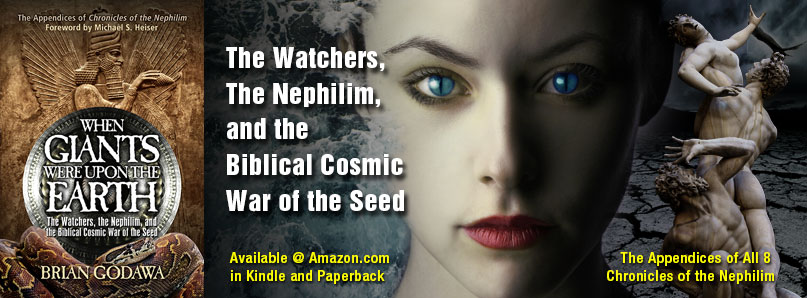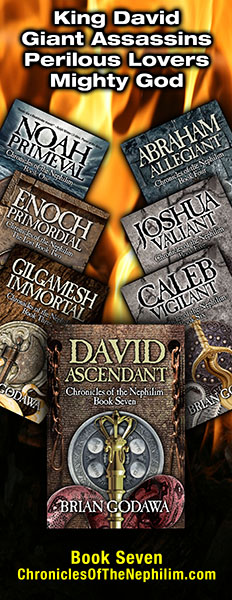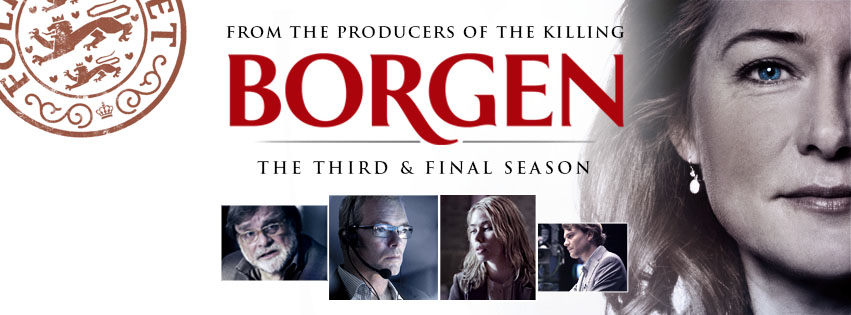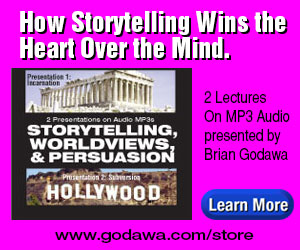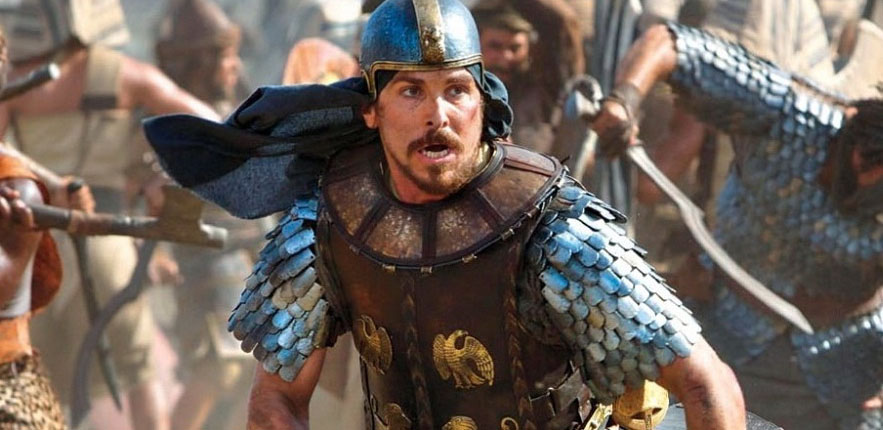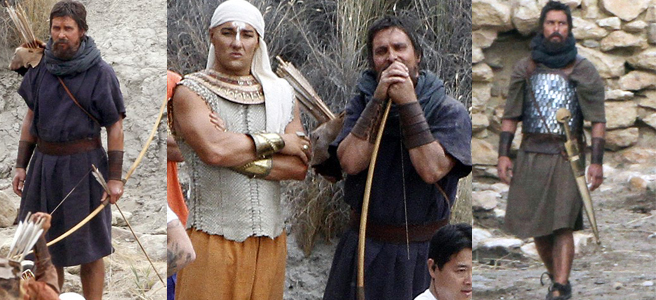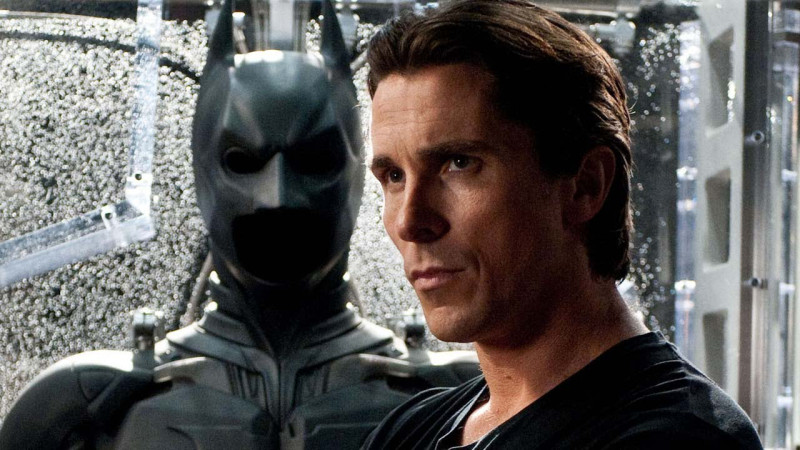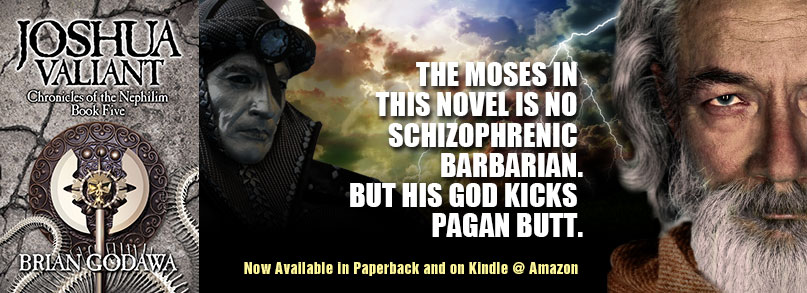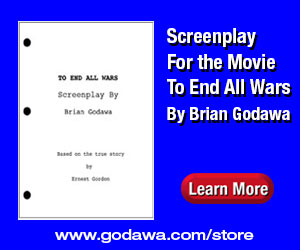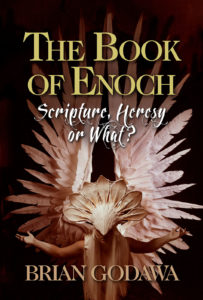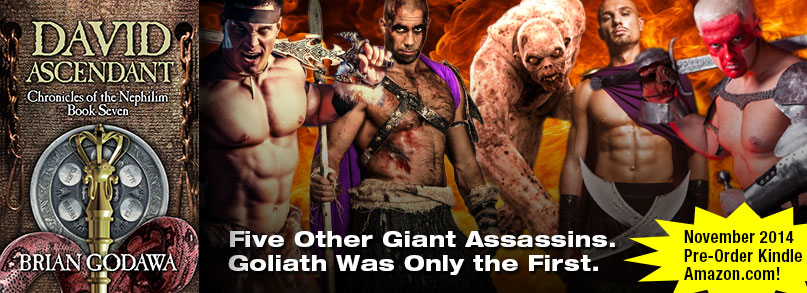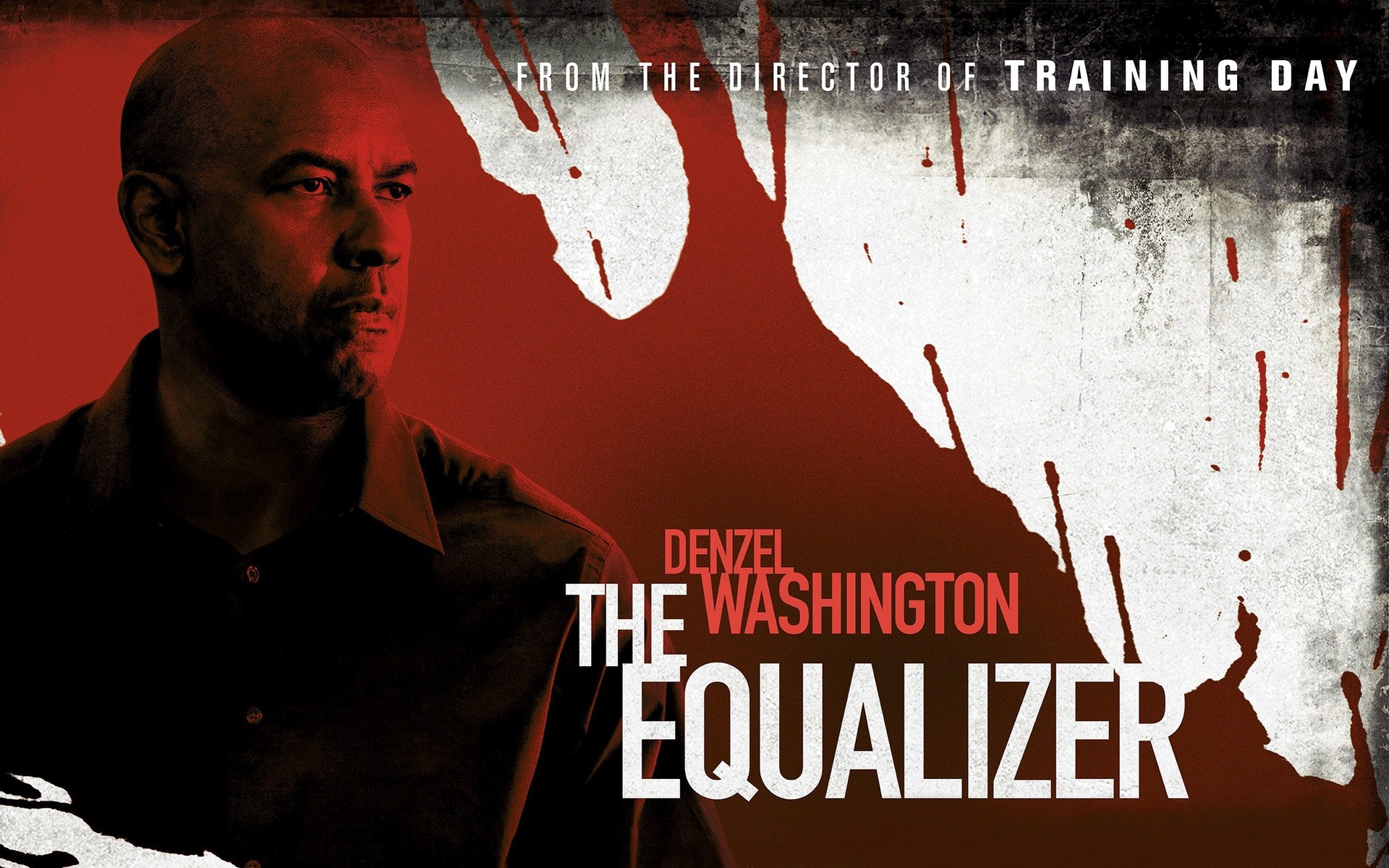Sci-fi Adventure about an astronaut pilot, Cooper, played by Matthew McConaughey, who sets off on a space journey to discover a suitable planet outside our galaxy for the inhabitants of our dying earth to move to. In the process, he encounters other worlds through wormholes, black holes, time travel, and other anomalies of Relativity, all in the quest of returning to his beloved children back on earth to provide them and the human race a better future.
While the film is big, bold and beautiful, and does seek to explore the power of love, it ultimately fails for me and is a disappointment because it creates a false transcendence in a Humanistic feedback loop that simply does not satisfy emotionally, scientifically, or spiritually.
Christopher Nolan is the top director in Hollywood and has a track record of movies with intelligence. One of my favorites of all time is his wrestling with moral values in our postmodern world of The Dark Knight. But Inception began to reveal to me the weakness of too much intellectual exploration of ideas. The movies become more “mental” than emotional and create an alienating feeling in me as the viewer precisely because the emotional threads of the story become mere carriers of the mental construct and end up not ringing as true emotionally or dramatically.
Hmmmm, methinks I may be starting to sound too mental and emotionally detached. But hey, this is a movie analysis, NOT a narrative! J
So let me explain.
 Interstellar is loaded with almost too many intellectual questions related to wormholes, black holes, how Relativity affects our experience of time, 4 dimensional existence versus 5 dimensions, and on. But luckily for us, we have been exposed to all these ideas in sci-fi movies for so long, and there is nothing particularly new in Nolan’s approach other than the attempt to address all of them together. Usually, movies have only enough time to explore one concept such as time travel or the nature of wormholes, etc. Even though Interstellar has almost three hours, the viewer is constantly bombarded with so many concepts that it just becomes overwhelming. That is when it becomes a bit more intellectual than emotional.
Interstellar is loaded with almost too many intellectual questions related to wormholes, black holes, how Relativity affects our experience of time, 4 dimensional existence versus 5 dimensions, and on. But luckily for us, we have been exposed to all these ideas in sci-fi movies for so long, and there is nothing particularly new in Nolan’s approach other than the attempt to address all of them together. Usually, movies have only enough time to explore one concept such as time travel or the nature of wormholes, etc. Even though Interstellar has almost three hours, the viewer is constantly bombarded with so many concepts that it just becomes overwhelming. That is when it becomes a bit more intellectual than emotional.
Ah, but there is plenty of emotion in this story that tries to make up for the intellectualism. Cooper has a deep love for his daughter, and his goal in the movie is to get back to her, thus fulfilling the “family love” necessary to blockbuster movies. And there are moral dilemmas explored such as self sacrifice versus selfishness, as the astronauts encounter choices of the “survival instinct” and the natural preference of family over society. These are all good moral questions to explore, but they sometimes fall into flat exposition scenes that work against the drama. Case in point: One rescued astronaut betrays another and waxes on about his reasons as he walks away. This feels like an artificial morality play more than a real drama. But the truth is, because he is exploring moral questions that I think are worthy, I have a lot of grace for such moralizing.
Nolan sets up a common sci-fi theme of the hard cold observations of science versus the warm emotional reality of humanity and how those two can battle themselves out in our pursuit of understanding the universe and our place in it. Cooper is a man of science who says at the very beginning of the story, the basic slogan of NASA: “We’ve forgotten who we are. We’re explorers and pioneers, not caretakers.” In other words, it is our human reach for the stars that helps us find our way out of the mud.
But one of the astronauts, Amelia (Ann Hathaway) is motivated by her love of a fellow astronaut they are trying to rescue on one of several distant planets. So Cooper tells her that her emotions will cloud her objectivity in making the best decision for humanity in terms of which action they need to take between two choices of who to save. She then responds with the major theme of the movie: “Maybe love is the evidence of an artifact that we cannot see. Love has the ability to transcend time and space.” The meaning here is that our search for meaning through scientific observation may be the cloud that blinds us to finding the true meaning because meaning is transcendent, while our senses are not. Only something like love can make “contact” with meaning outside of physical reality.
Okay, not bad. Except that it’s application to the actual moral choice they must make is completely false and doesn’t ring true. The woman was thinking selfishly of her own love and placing that over the concerns of the survival of the human race. The fact that Nolan can manufacture the right outcome story-wise to justify her sentiments just rings hollow because her moral choice was truly self-serving. She even says, that she “follows her heart,” which is THE single most dominant Hollywood theme and THE worst moral motivation possible in our world of selfish hearts.
But that’s not the worst of it.
The movie becomes emotionally and spiritually unsatisfying and empty when we see the climactic solution to problems as the journey takes us into a black hole.
SPOILER ALERT:
The entire movie has a question at the back of it: Wormholes are not naturally occurring, so someone put it there for the astronauts to go through to find another galaxy to live in. But who are THEY?
Cooper sacrifices himself to save Amelia, and launches himself into the black hole to see what will happen (for science?). It is here that the futility of humanistic philosophy creates a hollow answer in the movie.
The question of extraterrestrial intelligence is an obvious possible answer. But rather than discover aliens as our saviors, Cooper instead concludes with a weird matrix experience in the black hole that “They didn’t bring us here at all. We brought ourselves.” He concludes that somehow humans evolve into 5 dimensions and create the black hole and its ability to travel in time to help them in the past.
It’s all so silly and confusing, and illustrates the futility of humanistic attempts to manufacture transcendence while deny the God of transcendence.
The short of it is that in this movie, there is no real transcendence, and humankind is after a fashion our own creators. That desire to be saved by a higher power outside ourselves and to connect to that personal transcendence usually results in the religion of scientism that saturates so many movies with it’s pursuit of aliens (from Stargate to Contact to Prometheus and on and on). But in this case, there are no aliens, only us. And we are in a time loop creating ourselves after a manner.
And here is where the movie devolves into completely unsatisfying emptiness. Not once in the entire film does anyone ever raise the question of God. Not even to discredit Him. In all this vast and glorious space, in all the wonders of the human mind, no character on the entire planet even considers the hand of a transcendent creator as a possible means of discovering that transcendent truth. It rings so hollow and untruthful because, like Humanism, it seeks to have transcendence without God, and therefore the only transcendence can be in some kind of silly human version of love.
As if the sentiments of human beings that are pathetically contingent and embodied within finite time and space make their own transcendence in a godless universe. This is philosophically and intellectually ridiculous and emotionally, spiritually and dramatically unsatisfying.
How unlike this unsatisfying attempt to create meaning where there is none is the transcendent God of the Bible whose infinite personal love actually is the philosophical, emotional and spiritual grounding to give meaning to our understanding of love, and who is the transcendent ground of all being that gives us meaning.
To tell a story where humanity is its own creator is profoundly foolish on all levels, philosophically, spiritually, and scientifically, no matter how good a filmmaker you are, or how pretty are your special effects.
Dang it. Cause I really respect Christopher Nolan as a filmmaker. But I gotta hand it to him, his stories are a narrative of his own journey of seeking transcendence. The only thing you can find in humanity is the image of the Creator.
I am reminded of what the Psalmist wrote in these deeply satisfying lines about true transcendence…
Psalm 8
O Lord, our Lord,
how majestic is your name in all the earth!
You have set your glory above the heavens.
Out of the mouth of babies and infants,
you have established strength because of your foes,
to still the enemy and the avenger.
When I look at your heavens, the work of your fingers,
the moon and the stars, which you have set in place,
what is man that you are mindful of him,
and the son of man that you care for him?
Yet you have made him a little lower than the heavenly beings
and crowned him with glory and honor.
You have given him dominion over the works of your hands;
you have put all things under his feet,
all sheep and oxen, and also the beasts of the field,
the birds of the heavens, and the fish of the sea,
whatever passes along the paths of the seas.
O Lord, our Lord,
how majestic is your name in all the earth!
Now, THERE’S transcendent love for you.

